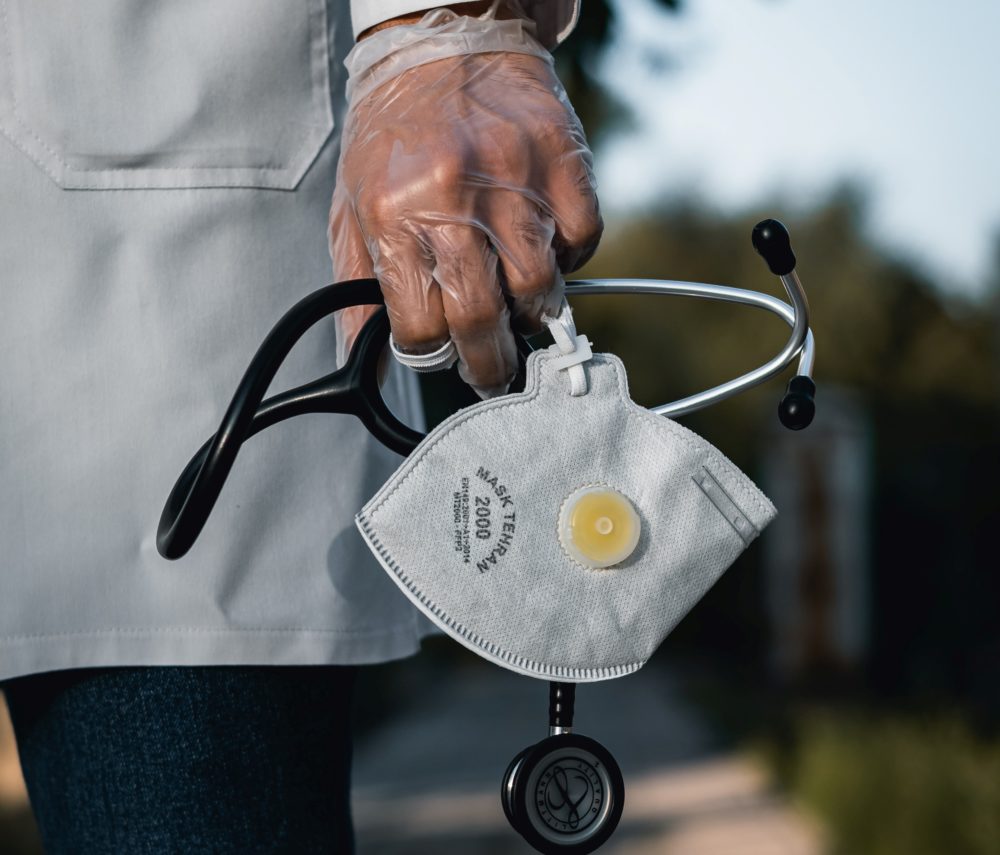Search
Don’t Tell Police You’re a Lightweight!

If you tend to get drunk easily because you don’t drink much, have taken certain kinds of medication, or have not slept, then you are better off keeping this information to yourself. In other words, if you are stopped because an officer suspects drunk driving, you are well-advised to exercise your Fourth and Fifth Amendment rights and remain silent. Yes, you should cooperate and provide necessary information such as your identity, proof of insurance, and such. Just be sure not to make any potentially incriminating statements.
A DUI case out of Oregon addressed this issue and helped to answer this question. In this case, the defendant was convicted of driving under the influence of intoxicants after a jury trial. At trial, the court told the jury that the defendant had a physical condition that increased their susceptibility to the influence of alcohol than he or she would otherwise have under the influence of intoxicants. (Miles instruction)[i].
Although the defendant and their OWI defense attorney objected to the giving of the Miles instruction, the court reasoned that the instruction was justified because the defendant informed law enforcement officers at the time of his arrest that he had taken pain medication for a bad knee. On appeal, the defendant argued that the trial court erred in giving the Miles instruction. To provide this instruction in Oregon, the government must show that there is “evidence that the defendant’s condition made him more susceptible to the influence of alcohol.” [ii] In this case, the State admitted that there was no such evidence, and that the evidence about the pain medication for a bad knee was insufficient for the jury to make such an inference. Thus, the trial court was reversed because the trial judge should not have given the instruction.
 Michigan Criminal Defense Lawyer Blog
Michigan Criminal Defense Lawyer Blog























